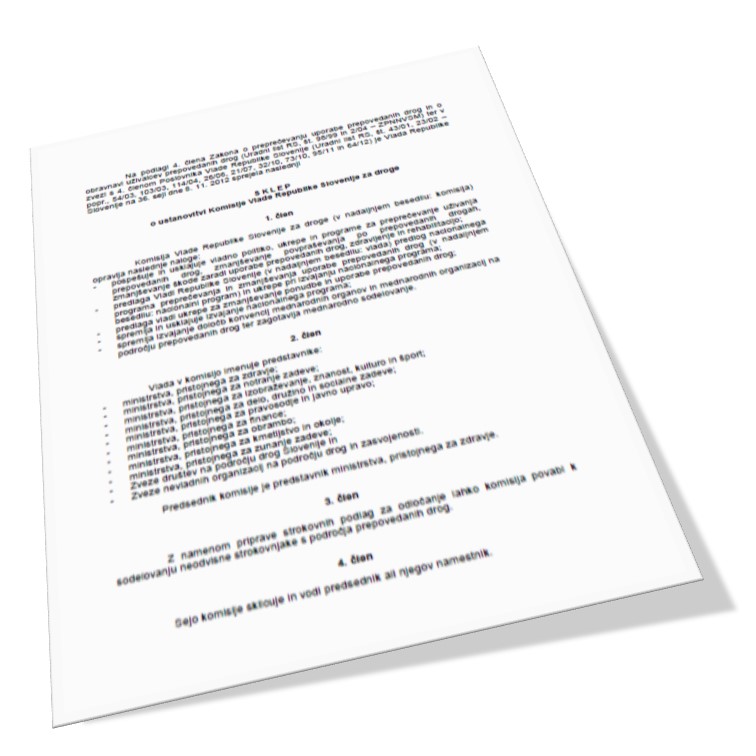In scope of the project Strengthening NGO capacity and promoting public health and human rights oriented drug policy in South Eastern Europe, Diogenis – Drug Policy Dialogue, in co-operation with the Drug policy Network in SEE (DPNSEE) and the Office for Combating Drugs of Serbia, organised a meeting between representatives from the countries in the region of South East Europe and representatives of non-governmental organisations (NGOs). The meeting was held on 10 May in Belgrade, at the representative governmental building Klub poslanika.
The aim of the meeting was to bring together representatives responsible for the coordination of drug policy in the countries of South East Europe and representatives from NGOs working in the field of drugs to discuss about the cooperation between authorities and NGOs at the national level. The meeting was an opportunity to exchange information and experiences of good practices and to reflect on possibilities of future cooperation on the national and regional level. Exchange of information, experiences and good practices leads to ideas of setting up co-operation structures, which can be profitable for both national authorities and NGOs.
 At the first part of the meeting, participants discussed the current situation of cooperation, existing models and conditions that need to be fulfilled for good cooperation. The second part of the programme focused on areas of cooperation between National Authorities and NGOs in the field of drugs related to the UN Sustainable Development Goals 2030 and the recommendations of the UNGASS 2016.
At the first part of the meeting, participants discussed the current situation of cooperation, existing models and conditions that need to be fulfilled for good cooperation. The second part of the programme focused on areas of cooperation between National Authorities and NGOs in the field of drugs related to the UN Sustainable Development Goals 2030 and the recommendations of the UNGASS 2016.
The meeting showed that the relation between governmental and civil society sectors in the area of drug policy is improving. Ideas produced can bring better cooperation for a mutual benefit and, first of all, for the benefit of key affected populations and the societies as whole.

























